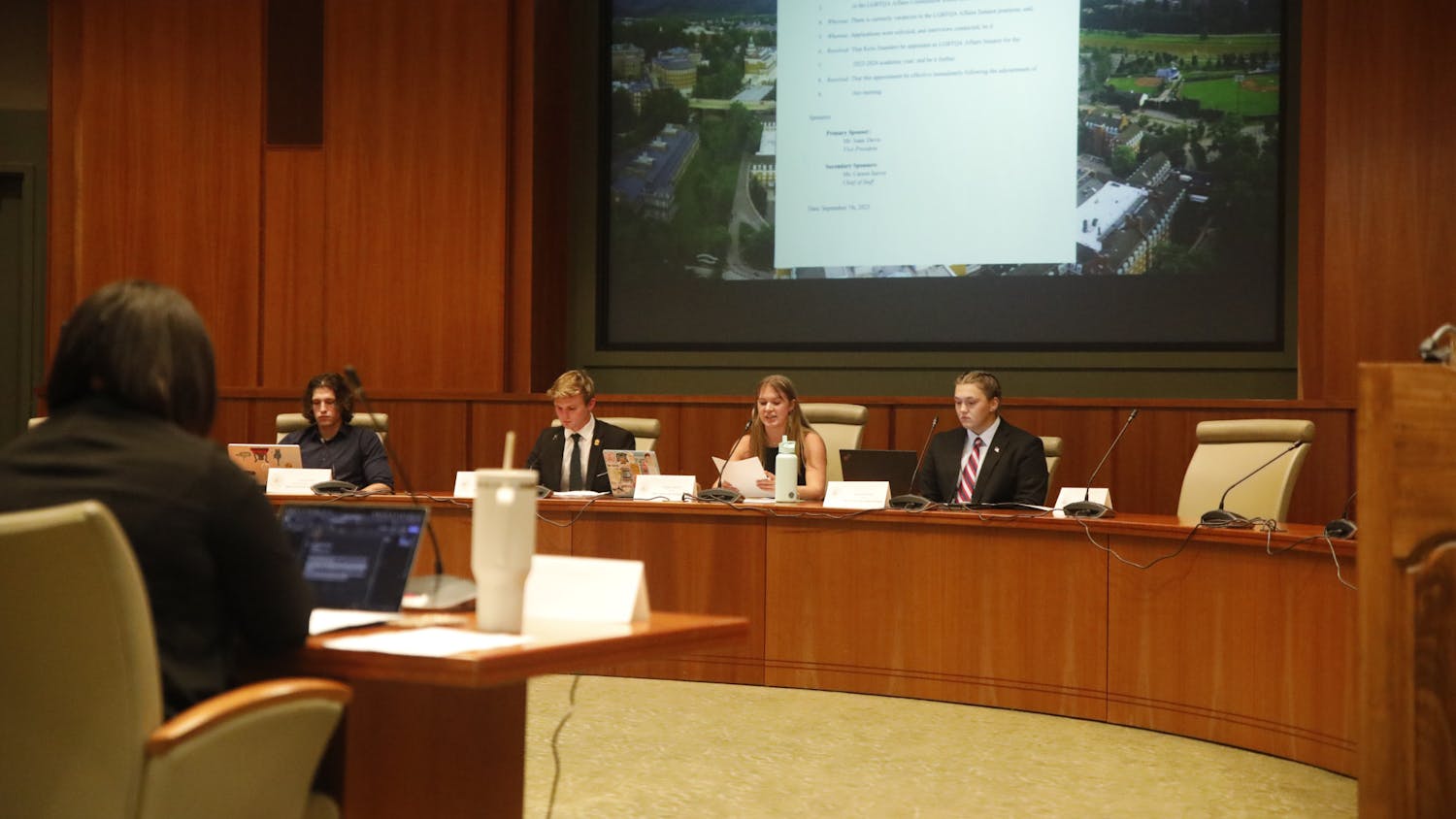Jim Petro, former Ohio attorney general, will be the next leader of the state’s governing body for higher education, the governor announced yesterday.
Eric Fingerhut, the current Democratic chancellor of Ohio’s Board of Regents, said last week that he would step down March 13 to allow Gov. John Kasich to put his own team in place before Kasich releases his draft of next year’s budget.
Petro, a Republican, will take office March 14, one day before Kasich is scheduled to submit his biennial budget, which includes funding for the Board of Regents.
“I think it’s a wonderful opportunity and one that has been consistent with much of my advocacy during my 12 years in state office,” Petro said. “… Any opportunity we have for economic growth in Ohio is dependent on higher education … and the quality of our universities.”
Petro served as Ohio’s state auditor from 1995 to 2002 and as attorney general from 2003 to 2006. He then tried unsuccessfully for the Republican Party’s nomination for Ohio governor.
During his time as chancellor, Petro will “work to ensure that Ohio provides the best opportunities possible for its students, graduates and businesses,” according to a news release from Kasich’s office.
Petro will also encourage cost savings through “shared services and operational changes” and also plans to allow public universities more independence from state mandates, he said.
“We will also look at other innovations … (such as) the notion of a charter university that operates with some freedom from existing state restraints,” he said, pointing out that some universities in Virginia, Michigan and North Carolina already operate under this model. “We would give more freedom for universities to grow, build their brand. … I think that’s worth exploring.”
With this model, universities would be able to ask the state for a charter, which could exempt universities from certain “blanket statutes” that might restrict them, Petro said.
“I think what we’ve seen evolve is that universities in some states are able to petition their states and say ‘we are able to continue to grow and be an attraction to students across the country if we are free to do this,’ and they get a charter,” he said. “It gives them authority that is different from what the blanket statutes are today, and it may be different for every university.”
Ohio University is currently working to lessen its dependence on the state as funding reductions continue to chip away at OU’s budget. The university is expecting a $27 million reduction in state funding next year.
“When there is less funding (from the state), there is less of a relationship (with the state),” said Executive Vice President and Provost Pam Benoit, discussing charter universities during an open budget forum Feb. 23. “There is a difference between being completely privatized and moving away from the regulation we have.”
OU’s president, who communicated with Fingerhut on a “very frequent basis,” has already reached out to the newly appointed chancellor, said Becky Watts, his chief of staff.
“President (Roderick) McDavis has called and left him a message congratulating him,” Watts said. “… We look forward to working with him as we continue to work to provide the best possible educational experience for our students.”
Fingerhut, whose five-year term would have expired March 2012, said he will also communicate with Petro during the change.
“I look forward to working with Mr. Petro to transition the critical work of growing Ohio’s higher ed(ucation) network to keep our state competitive in the knowledge economy,” he said in a statement.
pe219007@ohiou.edu
@ThePostCampus






